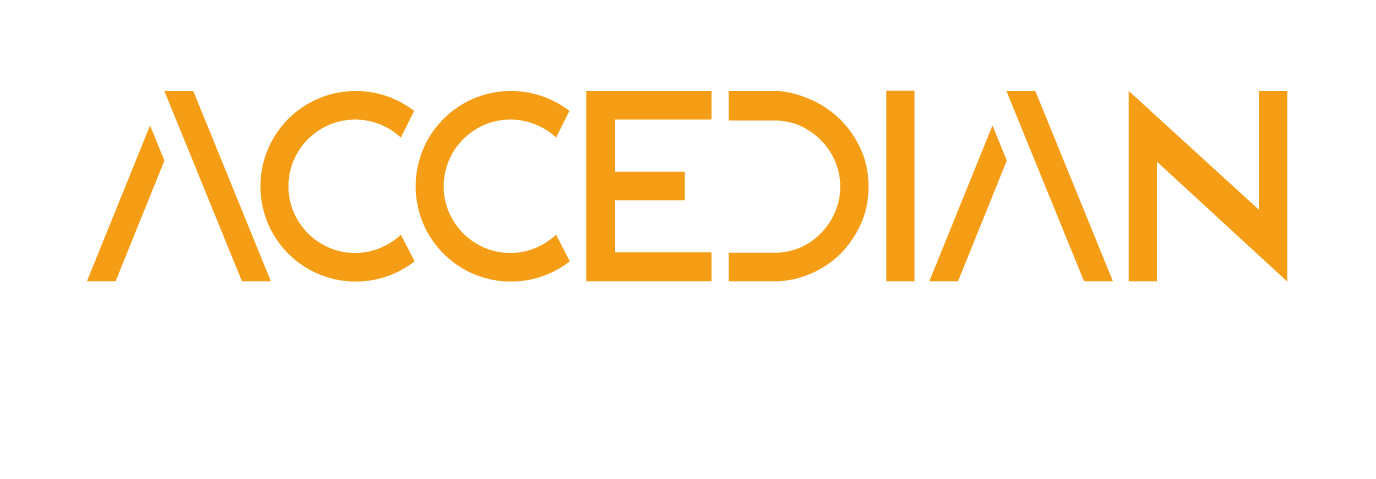For mobile operators, implementing and managing 5G networks and services requires a different approach than did 4G, resulting in a business model and strategic shift, said Juniper Research in its report, “5G: How Operators Can Maximise ROI.” In a nutshell, market forces are compelling operators to look at how they might align 5G with their business models, but they can’t and won’t do it alone.
The trick with 5G ROI, Juniper said, is that as of yet “there is no discernable use case that will encourage operators to roll out 5G networks.” Therefore, “increased investment from governmental bodies will be needed to encourage the development of these networks.”
A big reason for government involvement, Juniper said, is that deploying 5G requires operators to purchase additional spectrum, a substantial investment with a long ROI timeframe, even if payments are spread out over several years. Plus, spectrum auctions are an ongoing activity, rather than a once-and-done proposition.
Such investments will “depend on the spectrum to be utilised, the legacy equipment that the operators have available to them and national regulation relating to the use of spectrum.”
ROI from IoT
From a business sustainability standpoint, the Internet of Things—in which many traditionally dumb devices (appliances, vehicles, etc.) will become connected via 5G networks—may be the most compelling broad use case that could incentivize operators to make major investments in 5G, Juniper posited.
“The data-centric mobile world will become increasingly interconnected, leading to a range of opportunities at the infrastructure, device and component levels,” Juniper predicted. “The impact of the IoT will be far-reaching, built through the widespread deployment of sensors in everyday items.”
That impact depends on 5G networks being scalable and intelligently efficient, so they are capable of supporting billions of connected devices.
Under the IoT umbrella, several use cases for lucrative services seem likely, Juniper said, including:
- Smart home applications for consumer safety, comfort, and energy savings
- Connected passenger vehicle applications for infotainment and, eventually, driverless cars
- Industrial applications for both business-to-consumer and business-to-business
- Public transport and payment systems
- Smart city applications designed to improve efficiency through information sharing
Implicitly, Juniper acknowledged in its report that 5G will get off the ground; it just isn’t quite clear yet where operators will find the best ROI. The research firm predicted that by 2025, global billed revenue from 5G will reach $269 billion.
“The majority of acquired 5G connections will be users upgrading from 4G connections,” Juniper predicted, with ROI being achieved from the fact that “5G connections will initially carry a premium over ARPC (Average Revenue Per Connection).”
Not too surprisingly, Juniper concluded that early 5G adopters “will be ‘top end’ users who are currently in the higher echelons of monthly spend. In the early years, the actual numbers of connected subscribers will be very low, rendering early trends less representative.”

 Improved delivery, better visibility: How Accedian and VMware are working together to help CSPs navigate the 5G world
Improved delivery, better visibility: How Accedian and VMware are working together to help CSPs navigate the 5G world
 Adding a new dimension of visibility to the Cisco Full-Stack Observability portfolio with Accedian Skylight
Adding a new dimension of visibility to the Cisco Full-Stack Observability portfolio with Accedian Skylight
